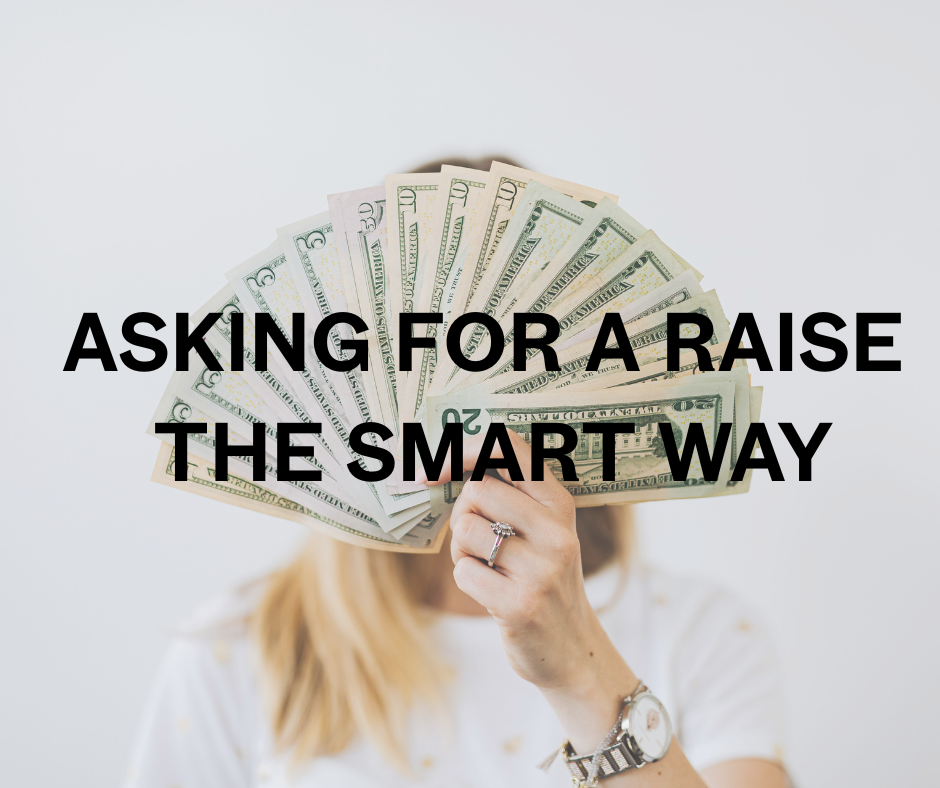UPSTANDER TIPS FOR COLLEGE STUDENTS!
UPSTANDER TIPS FOR COLLEGE STUDENTS
How many times have you been a witness, bystander or enabler to bad behavior? Maybe the behavior made you uncomfortable and you did not want to get involved for fear of ridicule or retaliation from your friends or classmates? Maybe you were worried you would get into trouble with the school or with the local authorities? You thought, surely someone else will say something or report the behavior.
It takes a village to change the culture and prevalence of bad behavior in the sandbox of your social group or school. This village includes you, whether you are a leader, friend or stranger. If you sense an uncomfortable reaction from a person who is being targeted or you witness offensive behavior, don’t be a bystander. Call out the behavior. Do something. You may be saving someone from potential physical harm, rape or even death. Examples include watching an over-served female being led away by a group of guys at a bar or party or attending a hazing event where a fraternity pledge is no longer coherent.
Intervening in a safe and gentle manner can be a powerful show of support for the recipient of objectionable behavior. A simple act of support might have impact, such as: “Hey, not cool! She is no longer capable of consent! Be respectful" or "Stop! You are making her (or him) feel uncomfortable!" or "Stop! You are crossing a line. He is no longer coherent and may be getting sick! Let's not harm the pledge!"
Speaking up and taking a stand might underscore your leadership qualities. Staying silent might make you complicit.This is especially important if you are a man. Men will listen to men!
Here are some Upstander tips if you witness bad behavior, whether bullying in person or online, racism, discrimination, sexual harassment, or hazing:
- If classmates or friends engage in harmful behavior, pull them aside and let them know their actions are offensive. Alert them to the potential consequences of the behavior.
- If you are worried about addressing the behavior directly, ask a person with influence you trust for help.
- If you encounter a group of frequent violators, make the time to educate them on the existence of applicable school policies and potential consequences for violations. If you are leading the group, this is your obligation.
- If you sense a target of the bad behavior is uncomfortable, sick, or incoherent, find a reason to extract that person from the situation ("I need to borrow (x person) for a few minutes." "Someone is here to talk to you." "Let me see if he or she is ok before you continue.").
- If you discover that a classmate, friend or stranger becomes visibly uncomfortable in the presence of a violator, find a time to talk to her or him. He or she may be suffering from bullying, racism, discrimination, or sexual harassment from that person and may need help. Use supportive language such as "Hey, are you ok? I heard what that person said to you and that is not cool." Don't use phrases that might make them feel worse, such as "You must be so embarrassed." or "I would want to die if I were you."
- If you have been a witness to objectionable behavior, offer your assistance to help the victim. You may be able to talk to the violator or a friend with influence over the violator. Maybe they’re unaware of how they’re making the other person feel. Or maybe they know it’s mean, and hearing that it’s not cool will help them change their behavior. If those are not options, accompany the victim to seek help. The school will have resources.
- If you determine that your witness account might be helpful to the victim, document the incident in detail and offer to be a witness if the victim elects to report.
- If you are a leader in your group, class, on a project, or at your fraternity or sorority, set the example of being an upstander and emphasize the importance and urgency of doing the same.
- If you are a leader in your group, class, on a project, or at your fraternity or sorority, encourage reporting to your school if necessary, especially if the behavior is offensive, persistent, repetitive, or harmful.
Taking immediate action is likely to engender a more healthy environment of dignity and respect and will help avert potential harmful and dangerous situations for the target of the bad behavior and the community of your school.
For more info on this topic and other related issues, check out “Play Nice” and join us at www.thesandboxseries.com. We wrote Play Nice to educate both women AND men—on the importance of drawing a firm line of respect, and speaking up and taking action as a bystander.
#upstander #bystander #bystandertips #speakup #respectatschool



